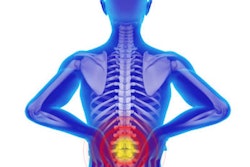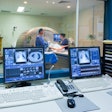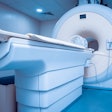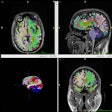Dear MRI Insider,
Acute injury to the anterior cruciate ligament often results in additional damage to the anterolateral structures of the knee. Italian researchers recently explored the utility of MRI for assessing these injuries and found that the modality was highly accurate for detecting abnormalities of the anterolateral ligament and capsule.
They concluded that, despite some limitations, MRI could be useful in surgical planning. Get all of the details in this edition's Insider Exclusive.
Are too many people undergoing unnecessary MRI scans for lower back pain? The answer appears to be yes, if research from Macquarie University in Sydney and the Mayo Clinic in Phoenix is any indication. After reviewing data from Medicare beneficiaries, the researchers found that a significant number of MRI scans of the lumbar spine were performed on patients who hadn't undergone conservative treatment. The results are particularly important because referring patients for an MRI scan before they undergo therapy goes against appropriate use criteria.
Precautions are always warranted for patients with cardiac implantable electronic devices (CIEDs) when they need an MRI exam. A new study has concluded that multiparametric 1.5-tesla MRI scans can be performed safely for certain prostate cancer patients with CIEDs, but key safety measures need to be implemented before and during the scan.
Using a simulated clinical decision analysis model, researchers from the University of California, San Diego are making a case for the cost-effectiveness of intraoperative MRI in patients with high-grade gliomas. Their calculations, based on a multitude of variables, show that the modality "reliably maximizes" results from glioma resection and provides patients with additional months of progression-free survival -- compared with surgery performed with neuronavigation systems.
Finally, researchers have identified regions of early atrophy on brain MR images of people with the human immunodeficiency virus (HIV). While it has long been known that neurocognitive impairment can result from HIV, this study offers a neural model that correlates the severity of neurocognitive impairment and injury in certain brain structures.
Be sure to stay in touch with the MRI Community on AuntMinnie.com on a regular basis for coverage of news and research developments around the globe.



.fFmgij6Hin.png?auto=compress%2Cformat&fit=crop&h=100&q=70&w=100)




.fFmgij6Hin.png?auto=compress%2Cformat&fit=crop&h=167&q=70&w=250)











